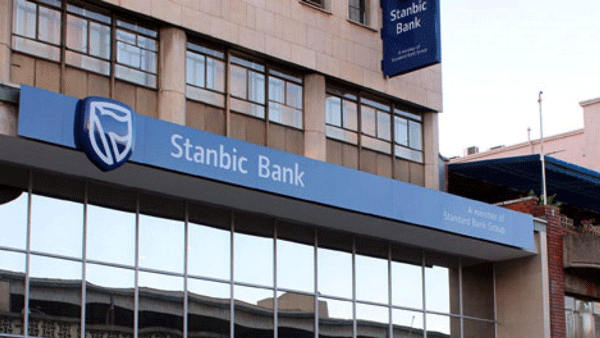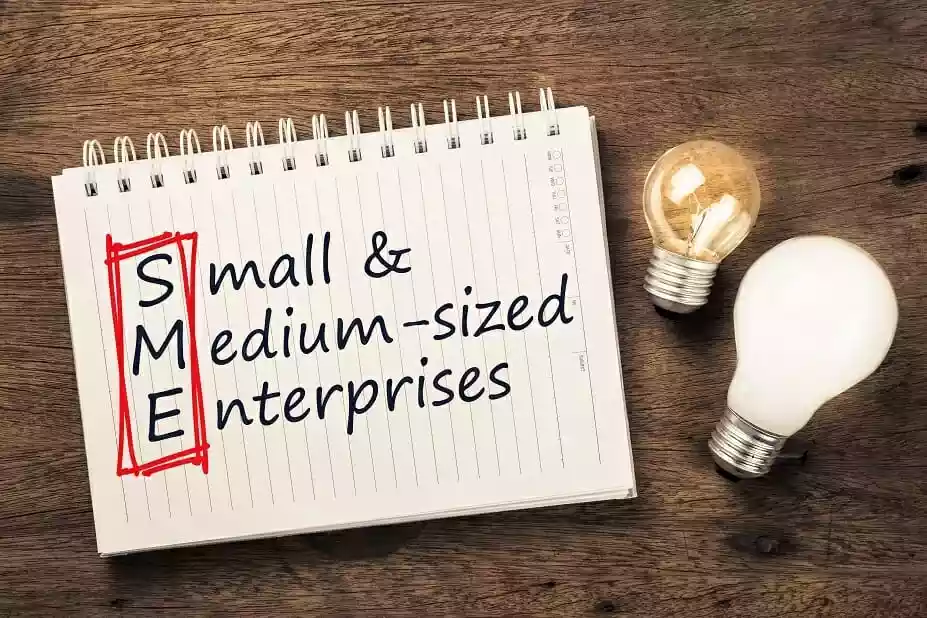
By Business Reporter
STANBIC Bank’s parent company, Standard Bank Group of South Africa, has provided R10,9 billion in relief to small-to-medium enterprises across the African continent affected by the impact of the COVID-19 pandemic.
During the pandemic, SMEs have been hit hard by lockdowns, curfews and diminished disposable incomes.
“During the pandemic it was essential that SMEs and entrepreneurs continued to receive business development support and training, and leads to markets through our business incubators in Botswana, Mozambique, Zambia, Uganda and Zimbabwe,” head business and commercial enablement at Standard Bank Group Leon Barnard said.
He added that Standard Bank’s incubators were also able to support SMEs with trade innovations by guiding them on import and export requirements and regulations.
“There are five strategic pillars that need to be considered for enterprise development support across Africa, if we can empower small business owners across all these pillars they will be on the road to success”, says Barnard.
These, he said, are platforms to nurture businesses, ideas for growth and empowerment, incubation as an innovative approach to helping businesses transform ideas into a minimum viable product, incubation supports the de-risking of seed and early-stage businesses and thereby improve sustainability as well as improved access to finance and acceleration of assistance that leads to improved business operations for profitability and growth.
The other pillars, Barnard said, were value chain development by supporting high potential, local SMEs to access supply chain integration opportunities and financial inclusion that supports gender, youth and informal sector empowerment.
- Chamisa under fire over US$120K donation
- Mavhunga puts DeMbare into Chibuku quarterfinals
- Pension funds bet on Cabora Bassa oilfields
- Councils defy govt fire tender directive
Keep Reading
According to the World Bank, formal SMEs contribute up to 40% of GDP in emerging economies, and this number is much higher when informal businesses are included. The Brookings Institute expects that consumer spending in Africa will reach US$6,66 trillion in 2030, up from US$4 trillion in 2015, and a large portion of this will be driven by small businesses.











